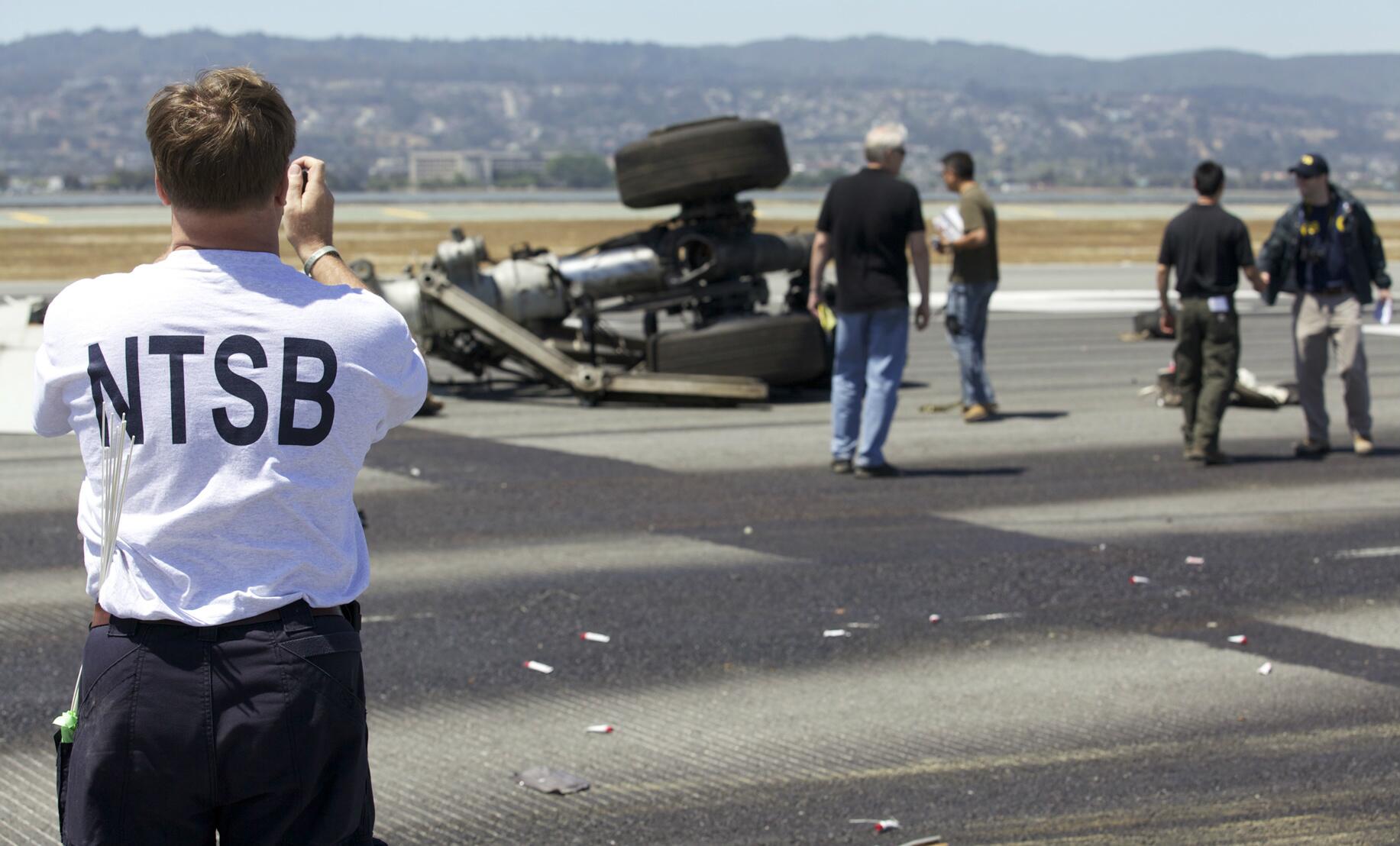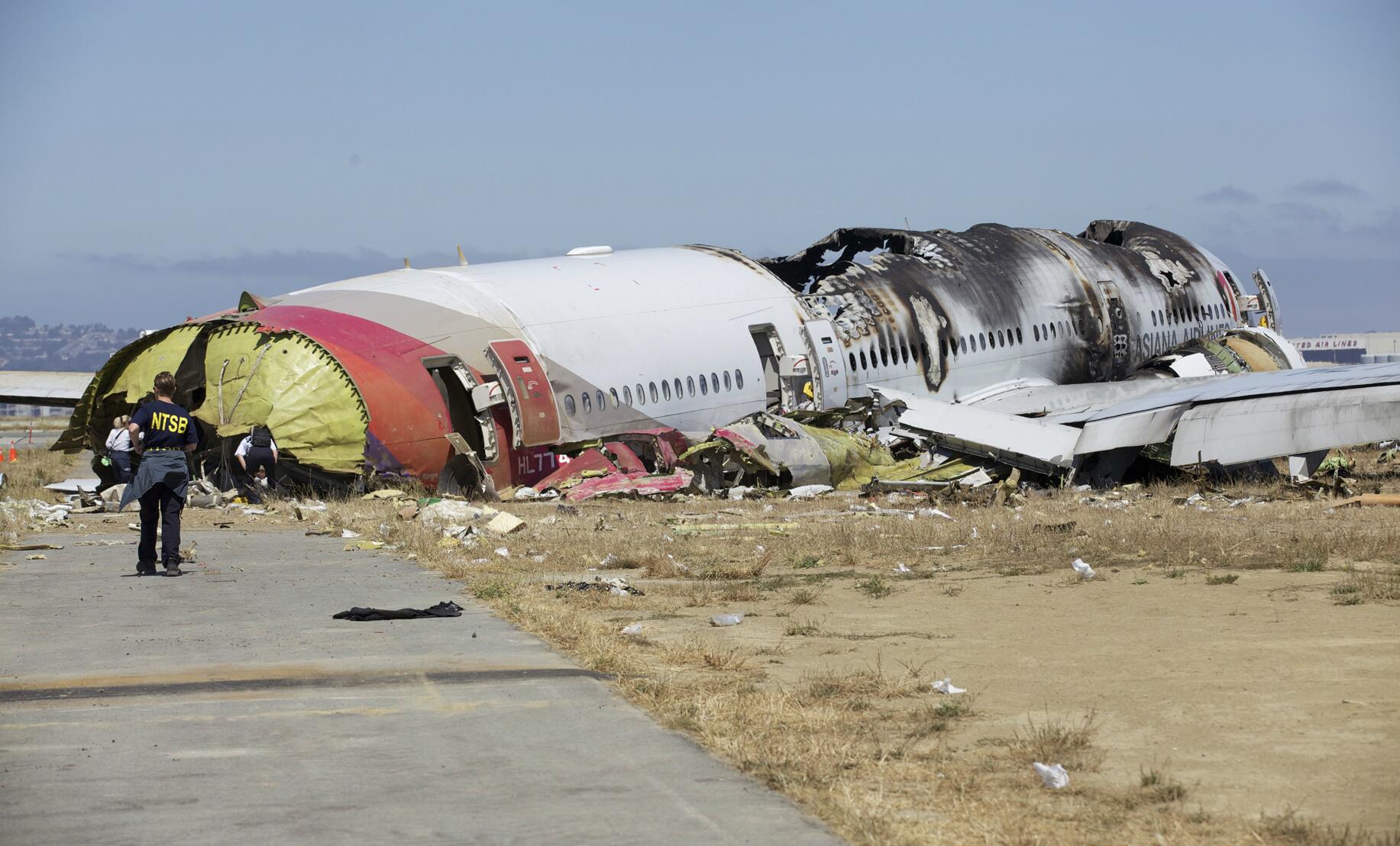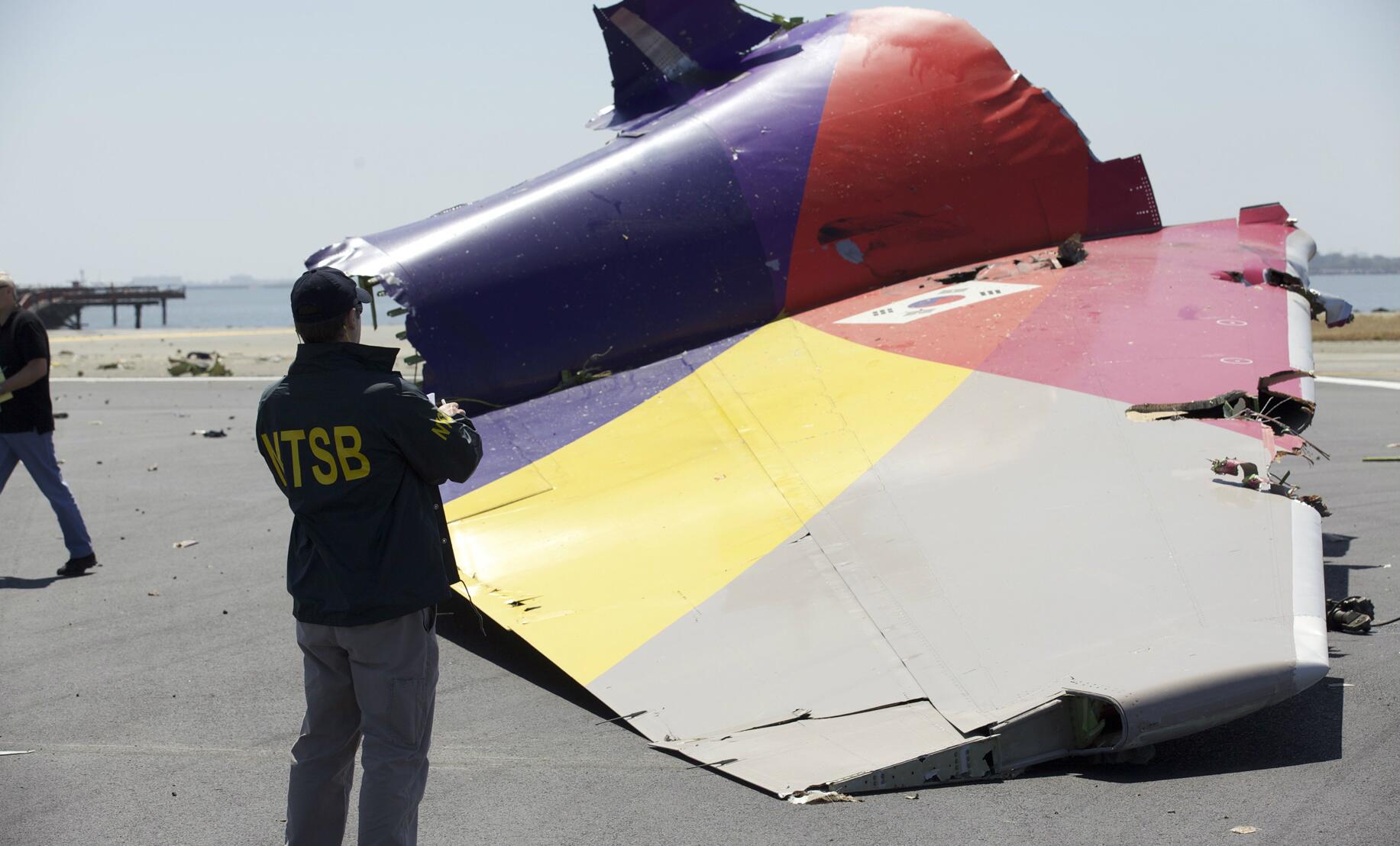boondr
Penalty Vectorer
Ugh, all the debris/smoke/chaos probably didn't help. Tragedy, I feel for the driver as well if this is true.
There is a reason it is allowed. If it required buying a seat, more children would die in car crashes than would be saved from aircraft accidents, because families are price sensitive.
Hard to be in favor of a rule that kills kids.
When it is your own kid, buy them a ticket and a good safety seat.
When it is your own kid, buy them a ticket and a good safety seat.
Personally, I don't think that should be allowed, And not just for the safety of the child, but for everyone else. Objects unsecured in the cabin (like lap children) become 60 pound projectiles that can injure, maim, or kill other passengers in the cockpit when those deceleration forces occur.



In a perfect world, sure. Letting emotion come before facts rarely improves safety though, which is why it has not happened.
Pricing free seats into the cost of tickets would be the best way to solve the infant-in-arms problem. I would be all for that. I am guessing the air lines would not be.
Was it in Freakonomics? It sounds like something made up by somebody who read that book...I don't think it was a factor in the decision-making, but a statistician claimed that making passengers buy seats for infants would result in more infant deaths as it would result in more travel by car. I think it might have been in Freakonomics. If true, would support your free seat idea.
I don't think it was a factor in the decision-making, but a statistician claimed that making passengers buy seats for infants would result in more infant deaths as it would result in more travel by car. I think it might have been in Freakonomics. If true, would support your free seat idea.
Was it in Freakonomics? It sounds like something made up by somebody who read that book...
Ahh..ok, I dont listen to the podcast. Its also been a while since I read the book, so I could be mistaken. It just seems difficult to make a claim like that and there would be a lot of variables..No nothing made up. Freakonomics has talked about it in a Podcast, but it was a reference to the DOT who decided the infant was safer in an airplane than by car, so if you make the infant's seat free, he's less likely to die from an accident. Usually this is right before they start talking about "unintended consequences" or "how statistics don't always make good decisions". Anyway, the DOT is quoted often for their help in this whole infant decision.
PS. Been a long time since I read the book though, could be in there too.
I resemble that remark.Was it in Freakonomics? It sounds like something made up by somebody who read that book...
Ahh..ok, I dont listen to the podcast. Its also been a while since I read the book, so I could be mistaken. It just seems difficult to make a claim like that and there would be a lot of variables..
Decided well before that, but I think that it was an example in that book.
Putting 20 airbags in cars and making them weigh 5 tons makes them safer, but doesn't save lives if no one can afford to buy them.
